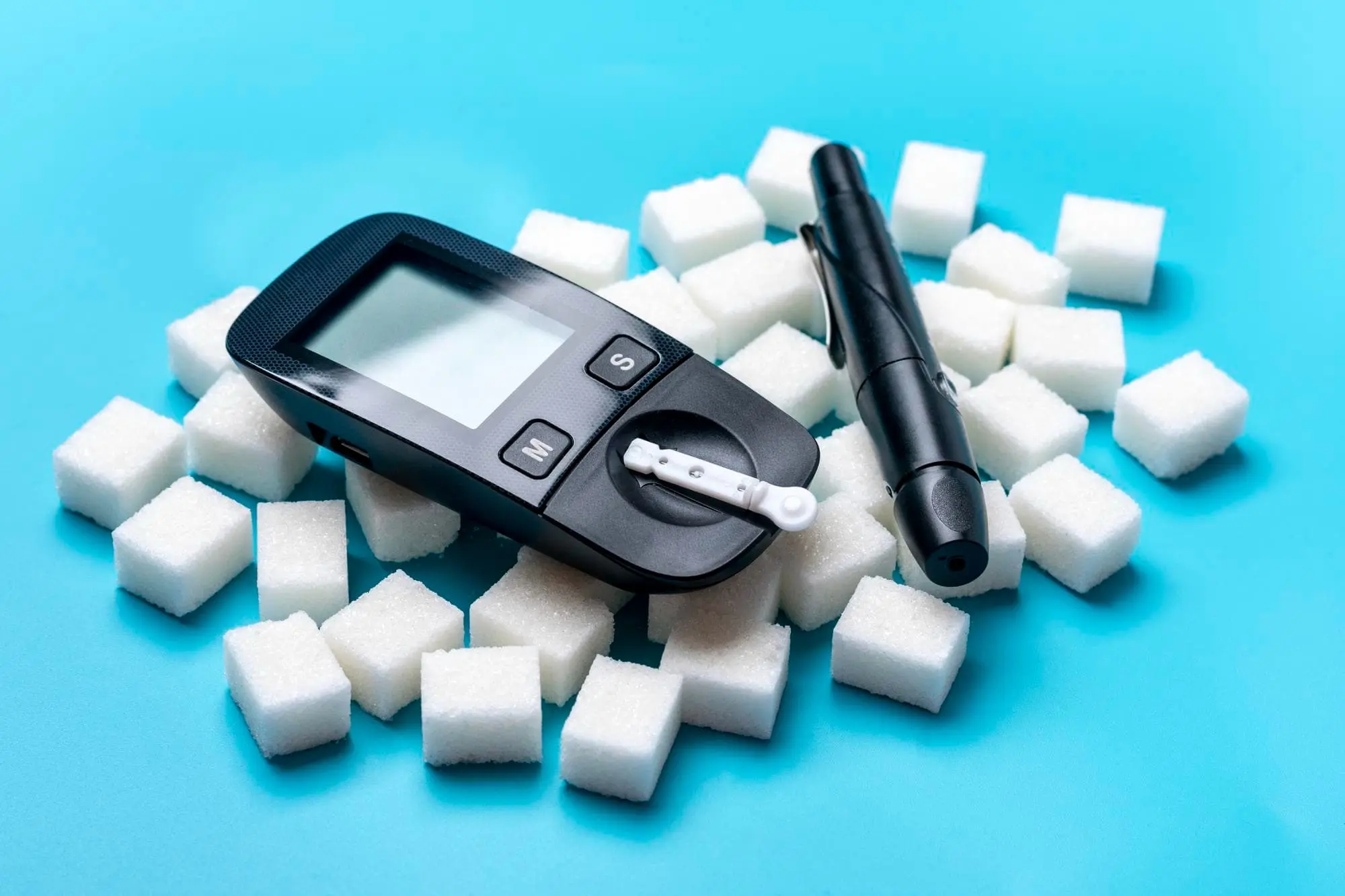Can Diabetics Be Firefighters? Understanding the Rules, Risks, and Realities
For many people living with diabetes, the desire to serve their communities through physically demanding careers like firefighting remains strong. But the question “can diabetics be firefighters?” is one that raises important concerns about health, safety, regulations, and job performance. This guide aims to explore whether individuals with diabetes can pursue a firefighting career, what challenges they may face, and how they can successfully prepare for and navigate the process. At Diabetic Diet Book, everything you need to manage your diabetes effectively has been thoughtfully included.
What Are the Job Requirements for Firefighters?
Becoming a firefighter requires meeting a set of rigorous physical, mental, and technical standards. These include:
- Passing written exams and physical agility tests
- Maintaining excellent cardiovascular health
- Operating under extreme temperatures and stress
- Working long, irregular hours and being on-call
- Managing quick decision-making in life-threatening situations
Firefighters must also meet the medical guidelines outlined by various governing agencies such as the National Fire Protection Association (NFPA) and local municipal departments.
Can Diabetics Be Firefighters? The Legal and Medical Overview
The simple answer is: yes, diabetics can be firefighters, but there are conditions. Having diabetes—whether type 1 or type 2—does not automatically disqualify someone from a firefighting career. However, several factors are considered:
- The type of diabetes (Type 1 vs. Type 2)
- The individual’s ability to control blood glucose levels
- History of severe hypoglycemia or diabetic ketoacidosis
- Risk of sudden incapacitation
- Compliance with treatment plans
The Americans with Disabilities Act (ADA) protects individuals with diabetes from discrimination in the workplace, including in hiring and employment decisions. This means departments cannot exclude candidates solely on the basis of having diabetes. Instead, decisions must be made on a case-by-case basis.
NFPA 1582 and Diabetes: What You Should Know
NFPA 1582 is the standard that outlines the medical requirements for firefighters. According to NFPA 1582, candidates with diabetes may be disqualified if they have:
- A history of recurrent, severe hypoglycemia
- Unawareness of hypoglycemic episodes
- Poor blood sugar management
- Presence of end-organ damage (such as retinopathy, nephropathy, or neuropathy)
That said, if an applicant with diabetes has excellent glycemic control and no significant complications, they may be deemed fit for duty.
Type 1 Diabetes and Firefighting: Is It Possible?
Individuals with type 1 diabetes face unique challenges due to their dependency on insulin and the risk of sudden drops in blood sugar. However, many people with type 1 diabetes have successfully become firefighters. The key lies in:
- Consistent glucose monitoring
- Use of insulin pumps or continuous glucose monitors (CGMs)
- Maintaining stable A1C levels
- Avoiding episodes of severe hypoglycemia
Type 1 diabetic applicants may be subject to closer medical scrutiny but are not automatically barred.
Type 2 Diabetes and Firefighting: Better Odds?
Since Type 2 diabetes is often managed with oral medications and lifestyle modifications, it typically poses fewer risks in terms of emergency blood sugar lows. Candidates with Type 2 diabetes may be more likely to meet firefighting health standards, especially if:
- Their condition is well-managed
- They maintain a healthy weight
- They pass cardiovascular and fitness evaluations
Real-Life Stories: Diabetics in the Firefighting Force
Across the United States and other countries, there are numerous examples of individuals with diabetes serving in fire departments. Some use CGMs and alert systems to monitor their levels during duty. Others have written books, spoken at conferences, and advocated for inclusive hiring practices. Their success stories prove that, with the right precautions, diabetes does not have to be a career-ending condition.
Tips for Diabetics Who Want to Become Firefighters
If you’re a diabetic and are serious about joining the fire service, here are actionable steps to improve your chances:
Prioritize Blood Sugar Control
Maintain a target A1C (usually under 7%) and log your readings. Departments will want proof of stability and responsibility.
Exercise and Physical Fitness
Firefighting is physically demanding. Engage in strength training, cardio, and flexibility routines to match the job’s requirements.
Keep Thorough Medical Records
Document your treatment plan, glucose trends, and any episodes of hypo- or hyperglycemia. This data may be reviewed during your assessment.
Use Modern Diabetes Technology
CGMs and insulin pumps can give departments confidence in your ability to manage your condition under stress.
Consult with a Diabetes Specialist
A specialist can help you prepare for your firefighter medical exam and provide documentation on your behalf.
Challenges Diabetics May Face in Firefighting
While the opportunity is there, it’s important to be aware of the challenges:
- Risk of hypoglycemia in high-intensity situations
- Long shifts and unpredictable meals
- Physical exertion affecting insulin sensitivity
- Departmental biases or misunderstandings
Preparation and education are crucial in addressing these challenges.
Can Diabetics Serve in Volunteer Firefighting Roles?
Yes, and in many cases, volunteer positions may have more flexible medical requirements. Volunteering can be a great way to build experience and prove capability.
Summary: So, Can Diabetics Be Firefighters?
Yes, diabetics can be firefighters. With strong diabetes management, physical fitness, and proper documentation, diabetes does not have to stand in the way of this meaningful career. Each applicant is evaluated individually, and legal protections are in place to ensure fairness.
FAQs
1. Can someone with type 1 diabetes become a firefighter?
Yes, with excellent blood sugar control and no severe complications, individuals with type 1 diabetes can become firefighters.
2. What medical standards must diabetics meet to be firefighters?
Diabetics must show stable glucose control, no severe hypoglycemia episodes, and absence of end-organ damage per NFPA 1582.
3. Does having diabetes disqualify me from firefighter training?
No, diabetes does not automatically disqualify you. Each case is evaluated based on health, fitness, and diabetes management.
4. Are there legal protections for diabetic firefighter applicants?
Yes, the ADA protects against discrimination. Departments must assess applicants individually.
5. What type of diabetes is more accepted in fire departments?
Type 2 is generally easier to manage in this context, but both types can be accepted with proper care.
6. Can firefighters with diabetes use insulin pumps or CGMs?
Yes, many departments allow and even encourage the use of advanced diabetes technology to monitor health during shifts.
7. How can I prepare for a firefighter physical with diabetes?
Train intensively, manage your glucose, consult specialists, and bring medical records to support your case.
8. Do volunteer firefighter roles have the same standards?
Volunteer departments may have less rigid requirements, making them more accessible to diabetics.
9. What are common challenges for diabetic firefighters?
Managing hypoglycemia, irregular schedules, physical stress, and ensuring continuous monitoring are key challenges.
10. Is there a support network for diabetics in firefighting?
Yes, there are advocacy groups, forums, and mentors who provide guidance and share success stories.






